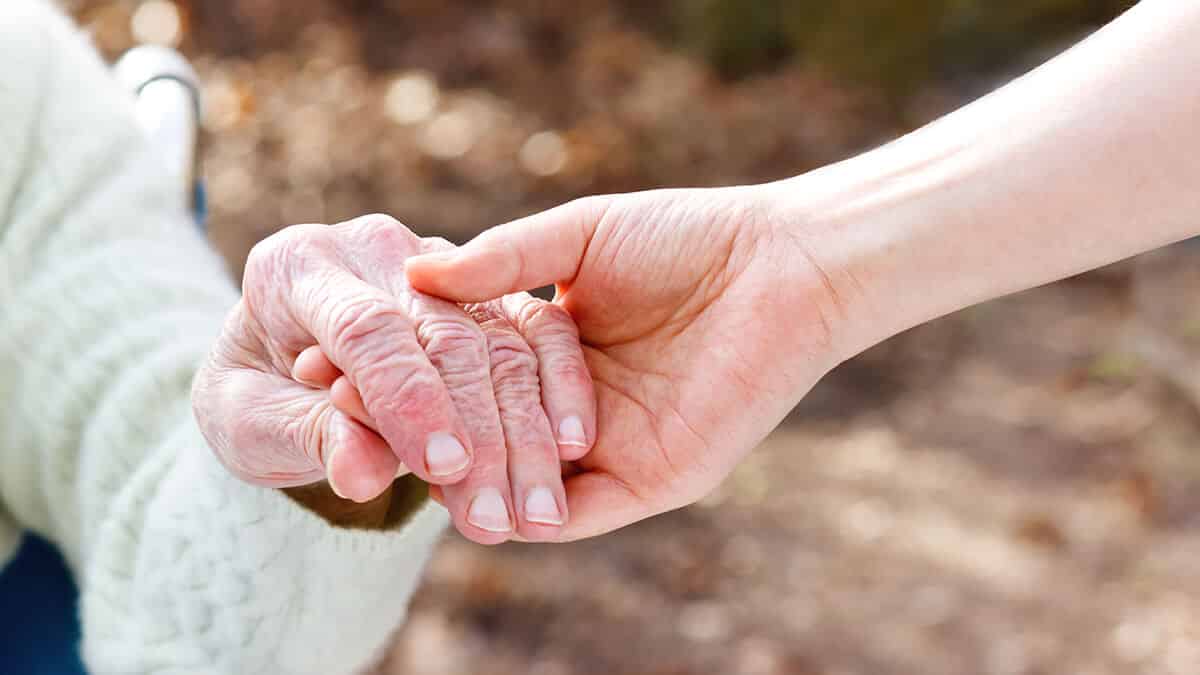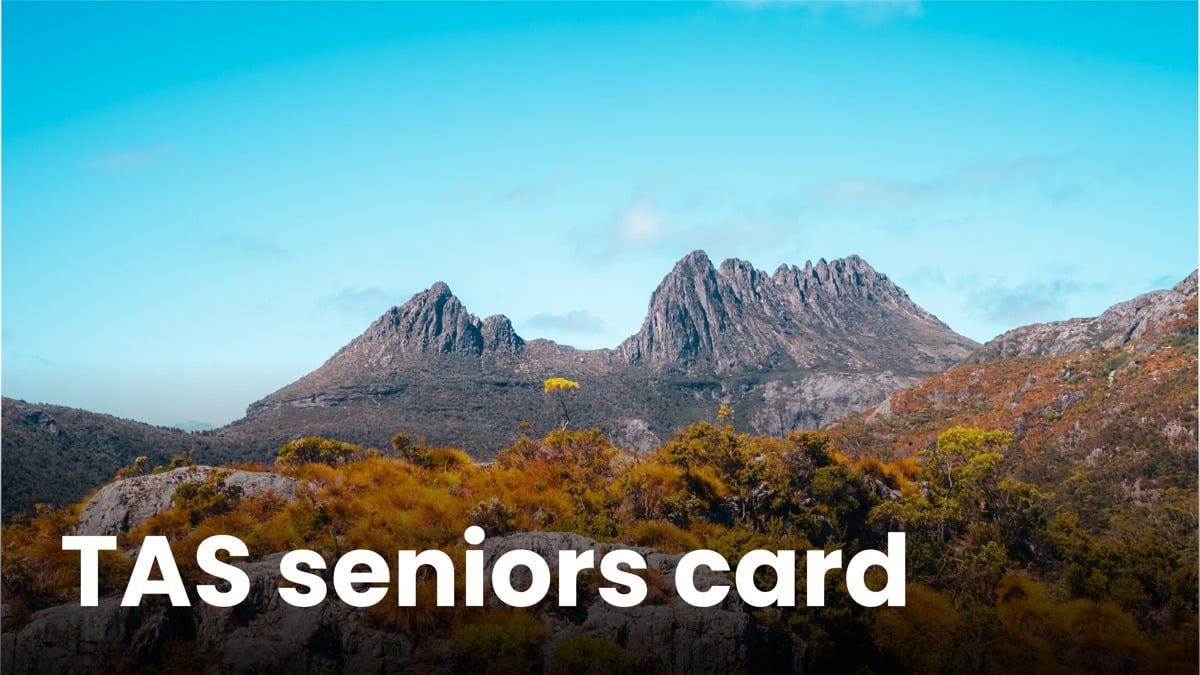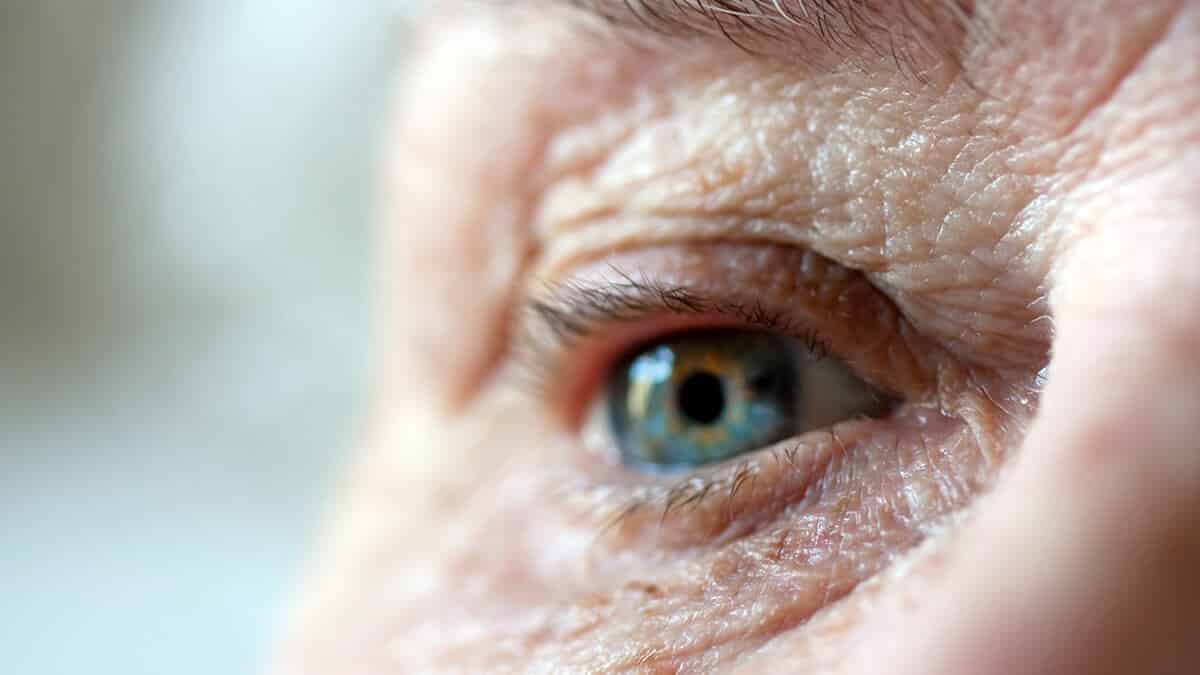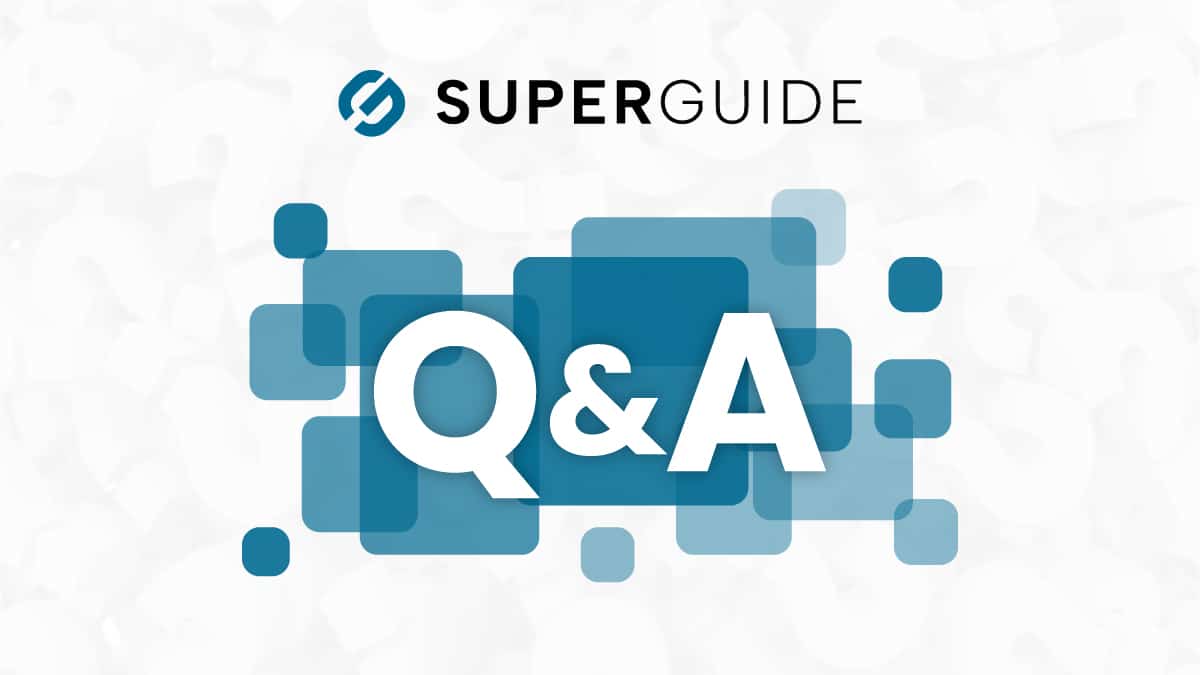In this guide
It can seem like there isn’t much help available when it comes to your retirement living expenses if you don’t qualify for the Age Pension.
But many people in this situation overlook the support a Commonwealth Seniors Health Card (CSHC) can provide. If you’re eligible, this concession card gives you access to cheaper healthcare, medications and, potentially, government services. This can add up to thousands of dollars in savings per year.
So, what is the CSHC and how do you get your hands on one?
What is the Commonwealth Seniors Health Card?
The CSHC is a concessional card that allows you to get cheaper healthcare and some discounts if you’ve reached Age Pension age.
If you’re eligible for the CSHC, the benefits include:
- Cheaper prescription medicines: Medicines listed under the Pharmaceutical Benefits Scheme (PBS) are subsidised by the federal government.
- Bulk-billed doctor visits: This is at the discretion of the doctor you choose.
- Access to the Extended Medicare Safety Net (EMSN) – Concessional benefit: This gives you a better Medicare refund for any out-of-hospital costs during a calendar year. The 2024 EMSN – Concessional threshold amount for out-of-pocket hospital costs is $811.80. If you exceed this, you’ll be refunded 80% of the amount, or the EMSN – General benefit caps for hospital services. For more information, check out the Medicare website.
Additional concessions from state and local governments: Depending on where you live, these concessions can lower your electricity and gas bills, property and water rates, healthcare costs and public transport fares. For more information, check with your state, territory or local government.
Are you eligible for the CSHC?
To be eligible, you must:
1. Have reached your Age Pension eligibility age
The Age Pension age increased to age 67 from 1 July 2023.
2. Not qualify for any payment from Services Australia or the Department of Veterans’ Affairs (DVA)
This means you can’t be entitled to receive an Age or DVA Pension.
3. Live in Australia and meet the residence rules
You must be living in Australia when you claim a CSHC and must be an Australian citizen, hold a permanent visa or hold a Special Category Visa as a New Zealand citizen living in Australia. You must continue to meet the residence rules the whole time you are using the CSHC.
Most newly arrived residents have to wait several years before being eligible for the CSHC.
You must meet the residence rules for the entire period you are using the CSHC.
4. Be under the annual CSHC income threshold
The CSHC income threshold is different to the Age Pension income test. There is no assets test for the CSHC and assets like your family home are not counted.
5. Provide a Tax File Number (TFN)
You must provide Services Australia with your TFN or be exempt from doing so.
6. Meet the identity requirements
You will need to prove your identity to Services Australia before you are entitled to receive a CSHC.
To claim a concession from Services Australia, you need a Centrelink Customer Reference Number (CRN), which you can get from Centrelink online, over the phone or in person at a service centre.
Proving your identity online can be done either using your myGov account or a strong Digital Identity.
It’s also possible to prove your identity over the phone or in person at a Centrelink Service Centre by providing details from three different forms of personal ID. These include your birth certificate or Australian visa, driver’s licence, marriage certificate, bank card or statement, and rates notice or tenancy agreement. Check the Services Australia website here for more details.
What’s included in the CSHC income test?
The income test for the Commonwealth Seniors Health Card (CSHC) is reviewed on 20 September each year in line with the Consumer Price Index (CPI).
In assessing your income, Services Australia includes:
1. Your adjusted taxable income
For the CSHC income test, your adjusted taxable income includes your taxable income plus any additional income.
Your taxable income is your gross income (such as wages and salary, and income from a business or your investments), minus any allowable deductions. It’s the income on which you pay tax. Income under the tax-free threshold is also counted as taxable income.
Included in your taxable income are taxable super death benefits, taxable compensation or insurance payments, and any super released early from your account.
To calculate your adjusted taxable income, Services Australia also includes any:
- Foreign income (including money from foreign businesses or investments)
- Tax-exempt foreign income
- Target foreign income
- Total net investment losses (including net losses from rental property income or a financial investment)
- Reportable fringe benefits from your employer (including help to pay your rent or home loan, mobile phone, car, or health insurance premiums)
- Reportable superannuation contributions (including salary-sacrifice or personal contributions claimed as a tax deduction)
- Some tax-free pensions or benefits (including those from Centrelink and DVA such as the Disability Support Pension, Carer Payment and Wife Pension)
- State government payments.
2. Deemed amounts from account-based income streams
Under deeming rules, you’re assumed to be earning a set rate of return on your investments, regardless of what you actually earn. These investments include savings accounts, term deposits, investments and shares.
Services Australia also deems income from any account-based income streams when it calculates your income for CSHC eligibility. The balance of the account-based income stream is subject to deeming if:
- You purchased or changed the income stream on or after 1 January 2015
- You own the income stream and receive a CSHC after 31 December 2014
- Your partner owns the income stream and is aged 60 or over.
3. Your partner’s income
If you have a partner, their income can also affect your adjusted taxable income.
CSHC income thresholds: What are the current limits?
The income test for a CSHC is generally updated once a year in line with the Consumer Price Index (CPI). From 20 September 2024, you must earn no more than the following to be eligible for a CSHC:
| Personal situation | Maximum income threshold for CSHC eligibility |
|---|---|
| Single | $99,025 |
| Couple (each) | $79,220 |
| Couple (combined) | $158,440 |
| Couple separated by illness, respite care or prison (combined) | $198,050 |
Source: Services Australia
If you have any children still in your care, $639.60 can be added to each threshold for each child.
There is no assets test for the CSHC.
How do I apply for the CSHC?
You can apply for a Commonwealth Seniors Health Card from Services Australia once you’ve reached your Age Pension eligibility age. You can:
- Apply online at the Services Australia website. You will be guided through the claim process for your CSHC here.
- Complete a claim form: Click here to download the CSHC application form.
- Call Services Australia: Phone the Centrelink Older Australians line on 132 300.
You will need to provide a range of documents to support your CSHC application. These may include:
- Financial documents: Tax file number; superannuation, investment and bank details; and income tax returns.
- Relationship documents: Partner details, including work and income details.
- Residence documents: If you lived outside Australia, these may include visa, date of Australian citizenship and date living in other countries.
If you submit your application for a CSHC online, you can track its progress using either your Centrelink online account through myGov or the Centrelink Express Plus mobile app.
If Services Australia assesses you as eligible for a CSHC, you will receive a card in the mail and it will also display in your Digital Wallet in the Centrelink Express Plus mobile app. If you are ineligible for a CSHC, you will receive a letter from Services Australia in your myGov Inbox or through the normal mail.
What if my circumstances change?
Like all government benefits, you need to keep Centrelink informed when things alter in your life.
CSHC holders must notify Centrelink and update your details in myGov within 14 days if any of the following occur:
- You change or correct your name
- You change your address
- Your (or your partner’s) income changes
- You (or your partner) purchase an account-based income stream
- You return to work
- You don’t have to lodge a tax return
- Your care arrangements change
- Your personal circumstances change (such as you no longer live as a couple or a single)
- You move permanently overseas.
Does the CSHC replace private health insurance?
Holding a CSHC doesn’t mean you can forget private health insurance.
Although it provides some benefits when it comes to pharmaceuticals, visits to the doctor and additional refunds under the Extended Medicare Safety Net – Concessional, it’s not a replacement for private health insurance.













Hi, what are the deeming equations and assumptions which are currently used by the Commonwealth to calculate income from account based assets?
Hi Michael – The deeming rates are listed here.
Best wishes
Robert Barnes – General Manager
I have had a Cshc for many years. I have lost my current one issued in September. How do I get a replacement? There has been no change in my circumstances.
Hi William – You can request a replacement from Services Australia. There is more information here.
Best wishes
The SuperGuide team.